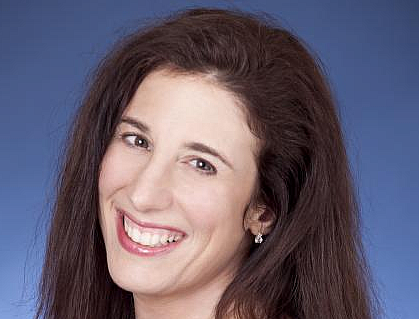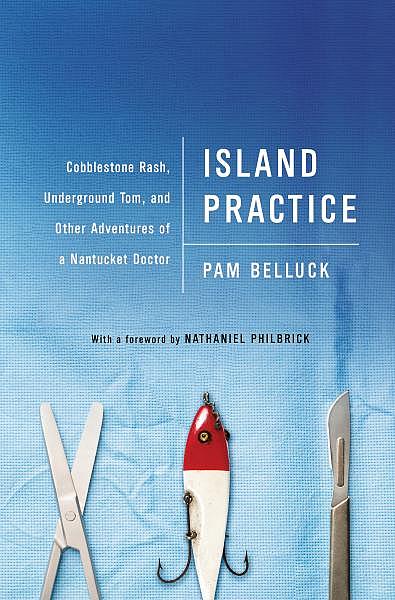New York Times reporter wasn't planning on writing a book


But five years ago, a source so captivated her that she knew his story could not be adequately told in a mere 900 words. Dr. Timothy Lepore, an eccentric physician in Nantucket, became the centerpiece of her book, Island Practice: Cobblestone Rash, Underground Tom, and Other Adventures of a Nantucket Doctor, released in June.
This week from her office in New York, Belluck talked with me about becoming a book author. Our conversation has been edited for length and clarity.
Q. How did this journey begin for you?
A. It was serendipitous. I was the New England bureau chief for the Times in 2007, based in Boston. The editors decided to do this occasional series; bureau chiefs would find someone in their area that hadn’t been written about doing something interesting. I was searching through papers on my desk and found a thing from Tufts Medical Center alumni newsletter that said one of their alums is the only surgeon on Nantucket.
I called him up, and we had such an interesting conversation that I did a piece for the Times in August 2007. I got calls from book people who said they thought there was something there. I had gotten calls like that before but turned them down for one reason or another.
But there was something that was intriguing about this. I spent a few months going back to visit and seeing whether I thought it was something that could engage me. Every time I had a conversation with Dr. Lepore, I heard or saw something that was counterintuitive or surprising.
Q. How did you decide whom to work with on the book?
A. I got several calls from agents and a publisher who was interested in the book. I made the decision to go with agent Michael Carlisle because I felt like he had a great sensibility about what it could be.
I had no idea how it was going to turn out, but there were people who were interested in the subject only for its quirkiness, to the point where I felt like they were going to oversimplify it or make it too cute – a Doctor’s home remedy kind of thing.
The thing that appealed to me was that there was quirkiness and humor. But I was also talking about life and death issues all of the time -- about a job that is very vital -- and the kind of the tenuousness of living in a community like this. If I were writing this as a TV show, it would be a dramedy. I wanted someone who understood all of that.
Q. What was your process for writing the book?
A. I didn’t have a real good idea of what it was going to look like until I really started to write some of the chapters. One thing I would say was paramount for me was that this would be a journalistic book, and I was going to be independent about the way I did reporting.
I wasn’t sure how much would be about him and how much about health care on an island. I knew he was going to be a central character, and I didn’t want the subject to influence what was in the book. And luckily he had no interest in doing that. He was never in the room with other interviews or steered me away from stuff, even when I wrote about a lawsuit filed against him.
After the gallery came out, I sent it to him and didn’t hear from him for a couple of weeks. I was thinking he was going to say I couldn’t write about his son getting arrested for drugs or his father disinheriting him. He only asked for one change. There is a chapter where I talk about his bizarre and obsessive hobbies and one is boxing. I quoted his brother-in-law who said he is such a terrible boxer, he can’t break an egg. Dr. Lepore said that was fine, but he wanted it known that he was the heavyweight champion in his age class at the Nantucket Boys and Girls Club.
Q. Do you have tips for writing about the personal, health-related topics in the book?
A. The interviews were set up by Dr. Lepore. They were done that way so as to make people feel comfortable and not cold call them. I really respected the doctor/patient relationship and the position of people living in a community like that, knowing they would be exposing themselves if they talked openly about some experiences.
A number of people who have read the book were surprised people talked so openly about their issues. I feel if you approach people honestly and directly and are not judging their story, but are interested in what they have to say, people often feel comfortable sharing their experiences.
I feel personally that detail and the realness of things are important. No names were made up. Nothing was novelized here. That is not only important because I am a journalist, but it seems to be reaching readers on a level where they say they don’t usually read about healthcare and medical stuff. It was important for me to say these are real people living in a real community that is messy with a lot of things colliding. There’s good and bad and to tell the real story.

